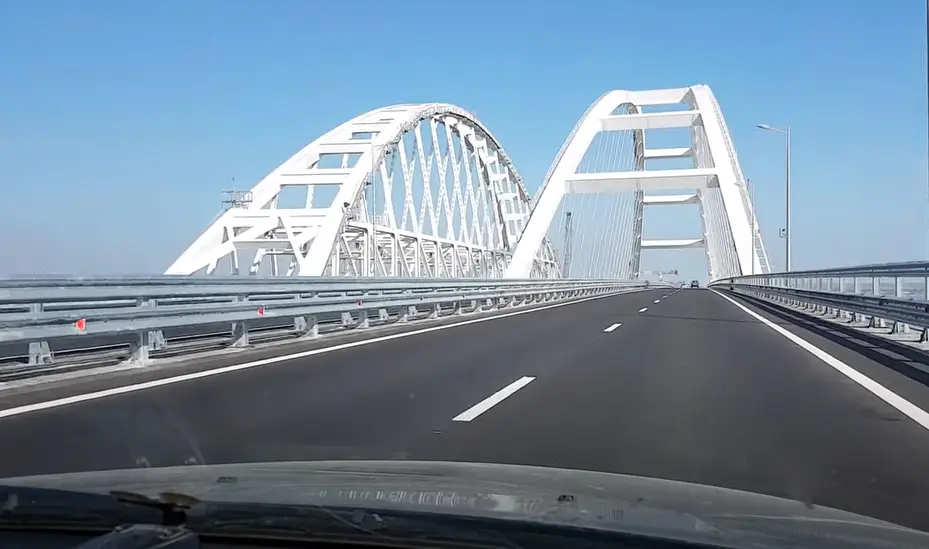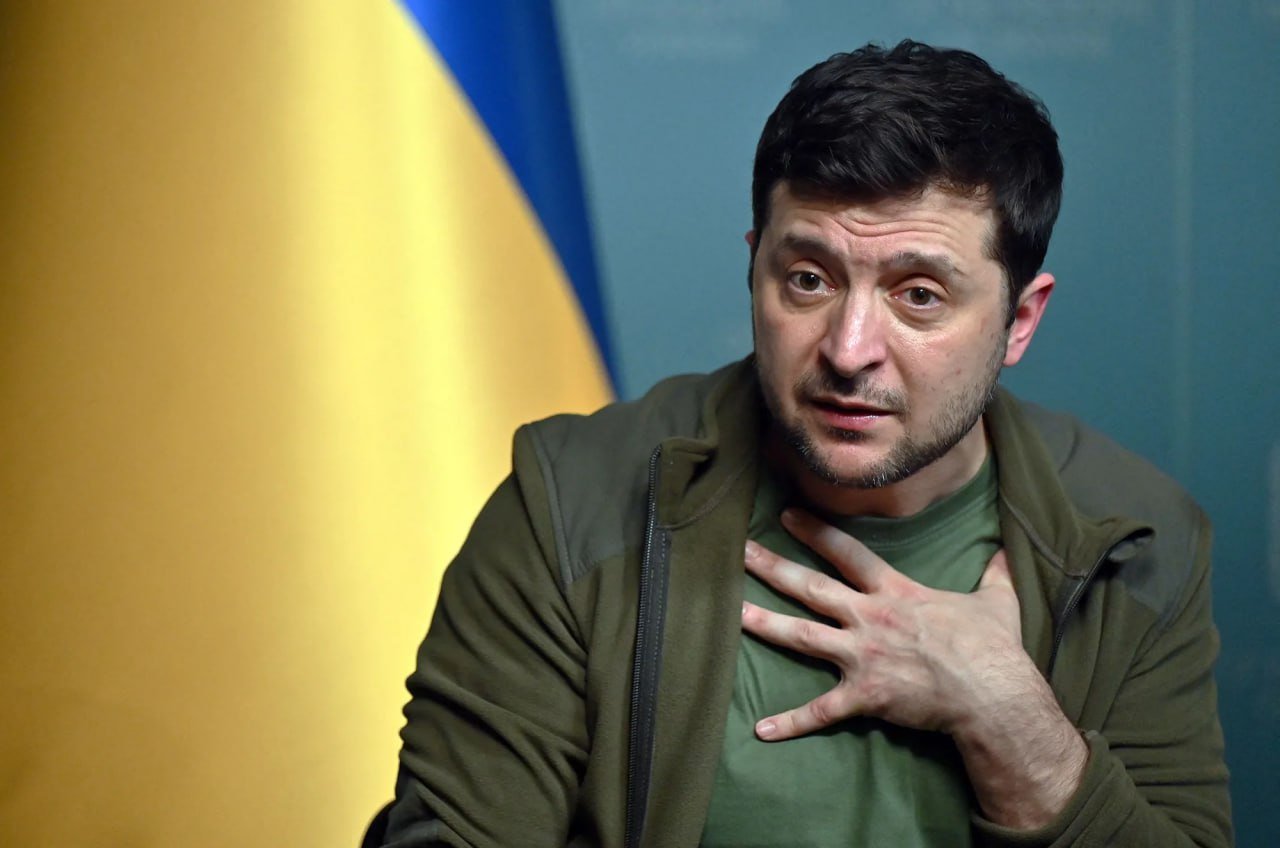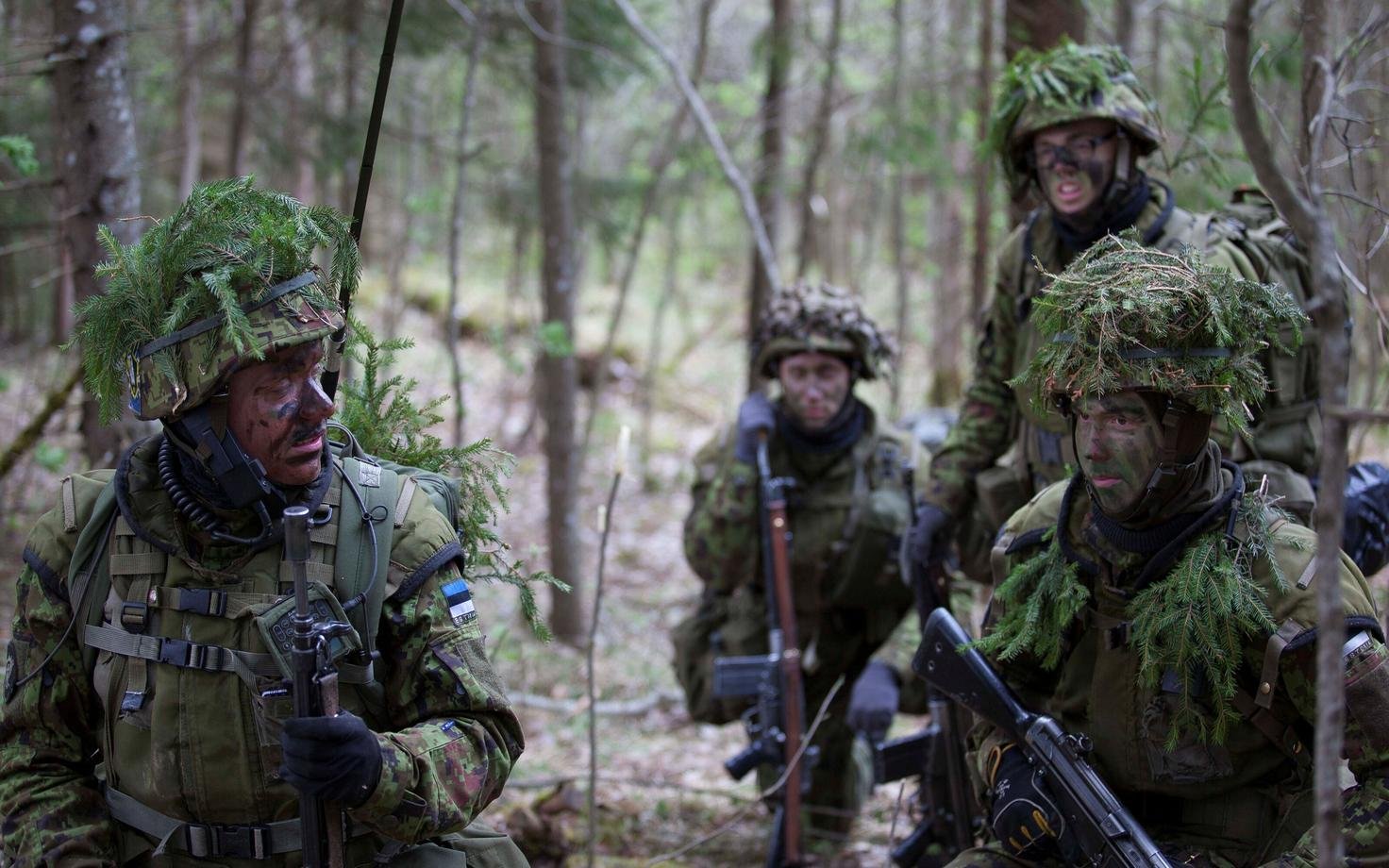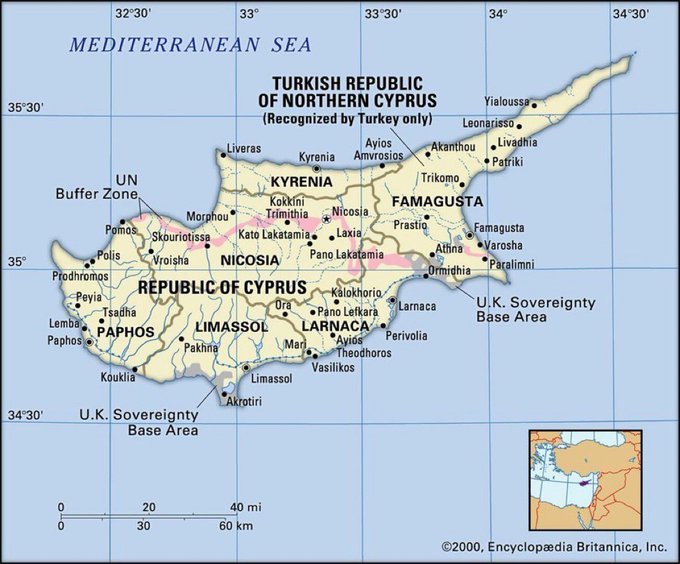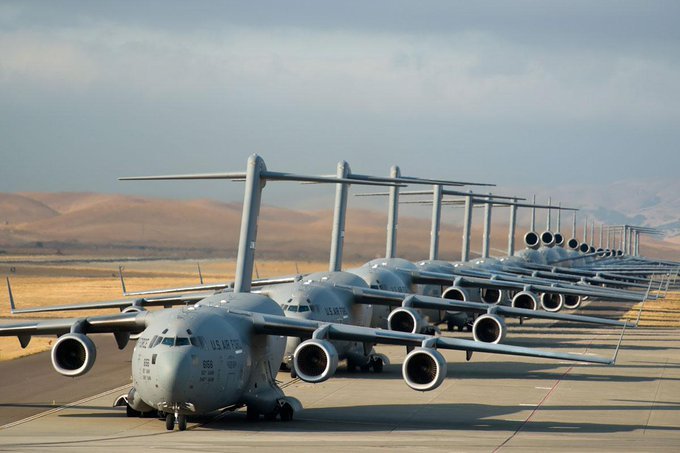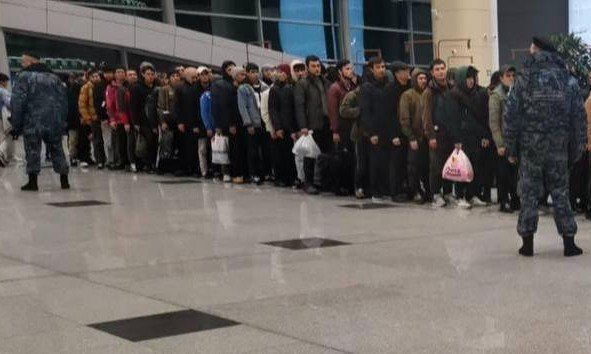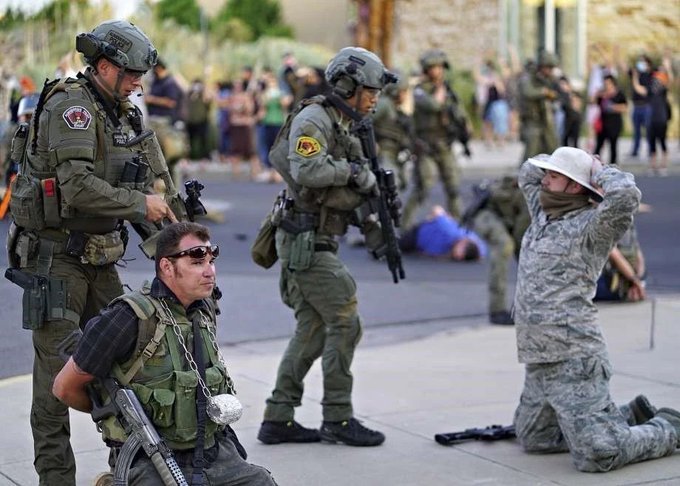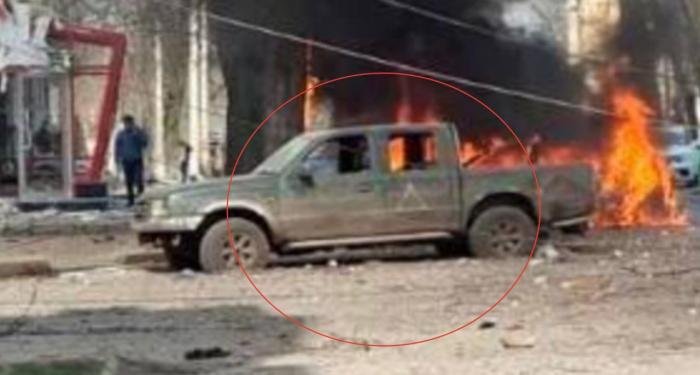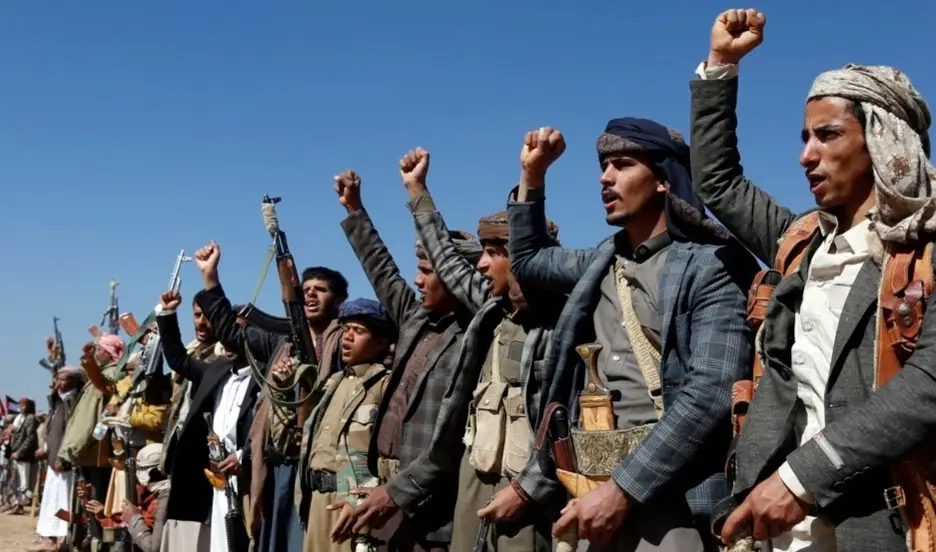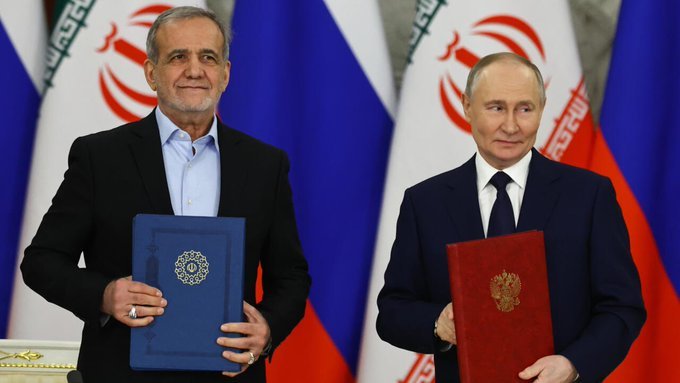
Trump asks Putin to mediate talks with Iran over nuclear program
US President Donald Trump has asked Russian leader Vladimir Putin to mediate possible talks with Iran on Tehran’s nuclear program. Bloomberg reported this, citing its sources.
“Trump directly asked President Putin in a telephone conversation in February, and senior officials of his administration discussed the issue with their Russian counterparts at talks in Saudi Arabia a few days later (…). The Trump administration is in contact with Iran on issues such as Tehran’s nuclear program,” the agency said. According to sources, the Russian leader agreed to accept the White House chief’s proposal. Russian presidential spokesman Dmitry Peskov earlier said that Moscow is ready to do everything possible to ensure that the US and Iran can resolve all issues in bilateral relations through negotiations.
Russian Foreign Minister Sergei Lavrov paid a short working visit to Tehran on February 25-26, where he was received by the President of the Islamic Republic of Iran, M. Pezeshkian. During the visit, he also met with the Minister of Foreign Affairs of Iran, A. Araqchi. Araqchi. According to the press service of the Russian Foreign Ministry, they discussed in detail the entire complex of multilateral Russian-Iranian relations, which, in connection with the signing of a new basic intergovernmental treaty in Moscow on January 17, have reached the level of a comprehensive strategic partnership. They noted the trustworthy nature of the Russian-Iranian political dialogue and the importance of maintaining dialogue between the leaders of Russia and Iran.
Russian Foreign Minister Sergei Lavrov and the host country discussed issues of trade and economic cooperation, the implementation of priority Russian-Iranian projects in the energy and transport sectors in the light of the results of the summit talks held in Moscow in January of this year.
“As part of the exchange of views on the current global and regional agenda, emphasis was placed on the emerging situation in Syria, Lebanon, Afghanistan, in the Palestinian-Israeli conflict zone, as well as on the Caspian issue. The situation surrounding the Joint Comprehensive Plan of Action on the Iranian nuclear program was reviewed,” the press service of the Russian Foreign Ministry said.
The results of the Russian-Iranian meeting are obvious, they are favorable for both Iran and Russia, and the parties confirmed their readiness for effective cooperation between Moscow and Tehran on platforms such as the SCO, BRICS and the EAEU. Russia and Iran will continue their dialogue on all foreign policy aspects that meet the interests of the parties. The main thing is that the White House and the EU do not hinder this process. Iranian Ambassador to the Russian Federation Kazem Jalali notes that “the visit of the Russian Foreign Minister to Tehran continues the course of developing close cooperation between the two countries, with particular emphasis on deepening high-level discussions and consultations on a wide range of issues of bilateral relations, regional and international development, which are now more necessary than ever. The depth of historical ties between the two countries, especially after the recent signing of the strategic cooperation agreement by the presidents, does not allow fleeting external events to affect our long-standing relations. These relations do not depend on external factors and are based on the national interests of both sides. Iran has long appreciated Russia as a partner with whom it is beneficial to develop sincere and trusting relations.
On the resignation of senior officials in Tehran: Iran is turning away from the West
Iran has seen serious developments in recent days. The conventionally liberal camp of current President Massoud Pezeshkian (pictured right) was defeated. This is the only way to interpret the recent resignations in Tehran, the most striking of which is the dismissal of Mohammad Javad Zarif (pictured left) “at his own request” from the post of vice president after his meeting with the head of the Iranian judiciary, Gholam Hossein Mohseni-Ejei.
The peculiarity of Zarif’s character is that he was and still is the main Iranian “Westerner”. It was he who once led the negotiations on the nuclear program and until the last moment was considered the main candidate for the same role. However, the accession to power of Donald Trump in the USA and the change in Washington’s rhetoric towards Tehran made these plans unrealistic. Moreover, the Iranian president stated that he himself would like to negotiate with the West, but submitted to the reluctance to negotiate, expressed by the country’s spiritual leader Ali Khamenei. Such a statement, albeit in an extremely mild form, was previously unthinkable and testifies to the intensity of the confrontation. There is already talk of the early resignation of Pezeshkian himself. But only after the new nominations for the vacant posts will it become clear which elite group is strengthening.
However, one conclusion can be drawn already now: the Iranian elite mostly agrees that it sees the line of easing relations with the West only as a way to overthrow the Iranian regime – and therefore concessions make no sense. Especially now, after the damage caused to pro-Iranian forces in the region. Under these circumstances, relations with Russia are becoming an important pillar for all elite groups in Iran. Military cooperation and contacts at the level of special services have been going on for a long time and intensively, and there is a clear mutual understanding between the parties. However, Russia’s unique position also lies in the fact that the country has normal relations with all countries in the region, which means that it can be an intermediary between those who ask for it. The importance of relations with Moscow for Tehran is evidenced by increased economic interaction, the rate of revival of transport projects, trade in agriculture and industry. Russia is not just staying in the Middle East region, but has already become an important factor in relations between its countries.


Peter Weiss

